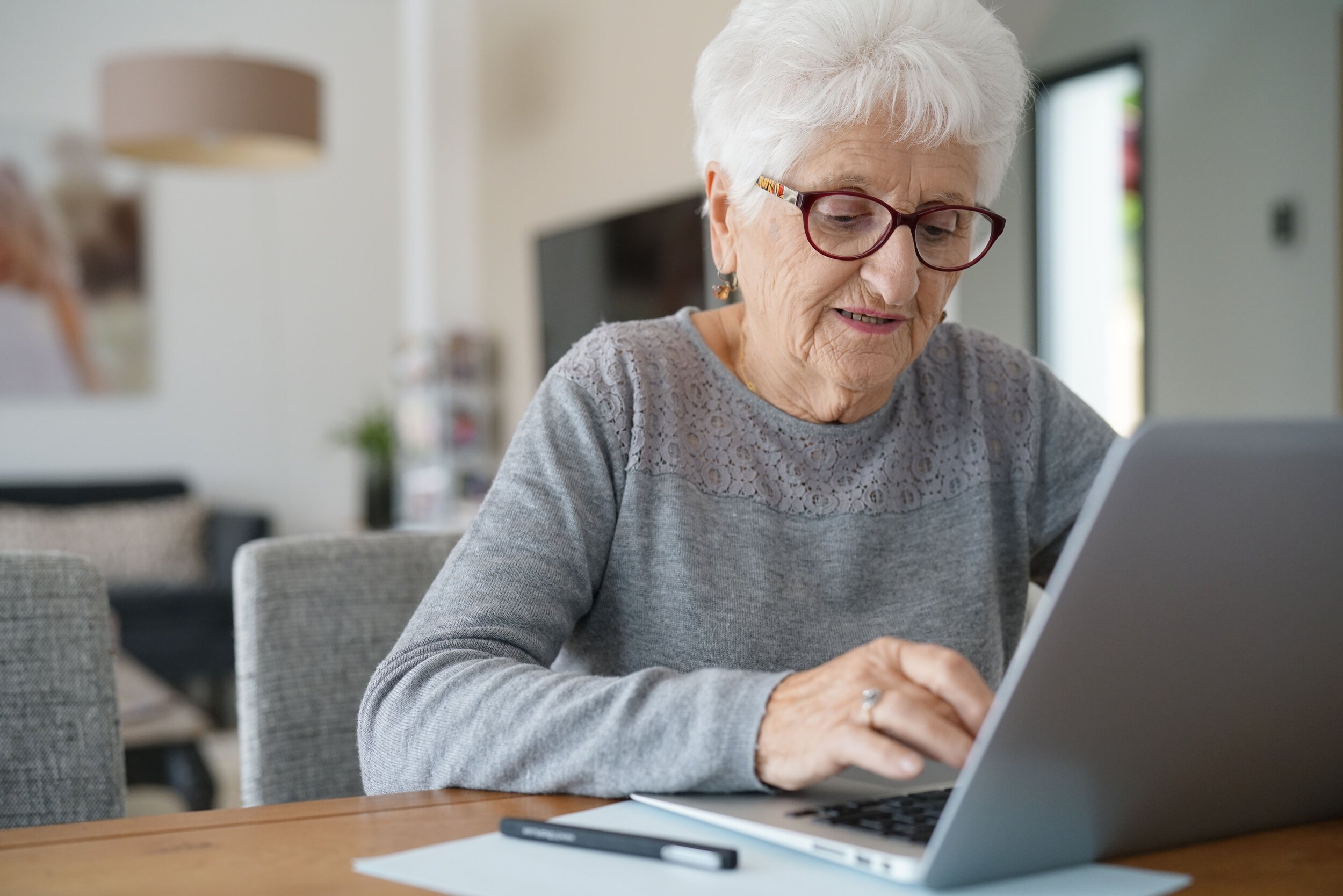Physical Social Distancing Does Not Have to Mean Mental Social Isolation for Seniors
In response to the coronavirus disease pandemic, we are now purposefully distancing seniors from their friends, family and others meaningful to them in order to keep them safe. This is an important health measure for our vulnerable senior population, and we stand behind it 100%.
But we are also concerned about the effects such physical isolation may have on our older loved ones. According to the National Institute on Aging (a division of the National Institutes of Health) research has linked social isolation to higher risks for a variety of physical and mental conditions. These conditions include obesity, high blood pressure, heart disease, anxiety, depression, cognitive decline and Alzheimer’s disease. They also include a weakened immune system — exactly the opposite of what our seniors need to protect themselves in the current crisis.
During this confusing and stressful time, we are here to help.
Our Overture Home Care caregivers are trained to help with both the physical and emotional well-being of our older adults. Until this virus has passed, we encourage everyone to connect with others — and especially with vulnerable populations — in non-traditional ways. Please ask our Overture Home Care caregivers to assist you with FaceTime, Skype or Zoom conferencing to keep you connected with family and friends using tools already in your home such as mobile phones, laptops, iPads, Ring devices and apps and personal computers.
Here are some other ideas to keep yourself and your loved ones mentally and emotionally engaged despite the current physical challenges:
Did you know that you can virtually visit museums and zoos around the world, or watch live camera views of national parks and other wildlife areas? And with so many children out of school, virtual classrooms have sprung up where older adults can help out with lessons or story time for students. This is also a good time to start a journal — and to encourage your older relatives to do so. And we can all write letters, plant seeds, join online worship services, read books, learn a language, draw or paint, or take an online class in meditation or yoga.
Physical social distancing does not have to mean mental or emotional social isolation. People who engage in meaningful, productive activities with others can live longer and happier lives. Ask us how we can help you and your elderly loved ones promote mental and physical well-being by maintaining connections with others during this strange and difficult time.

